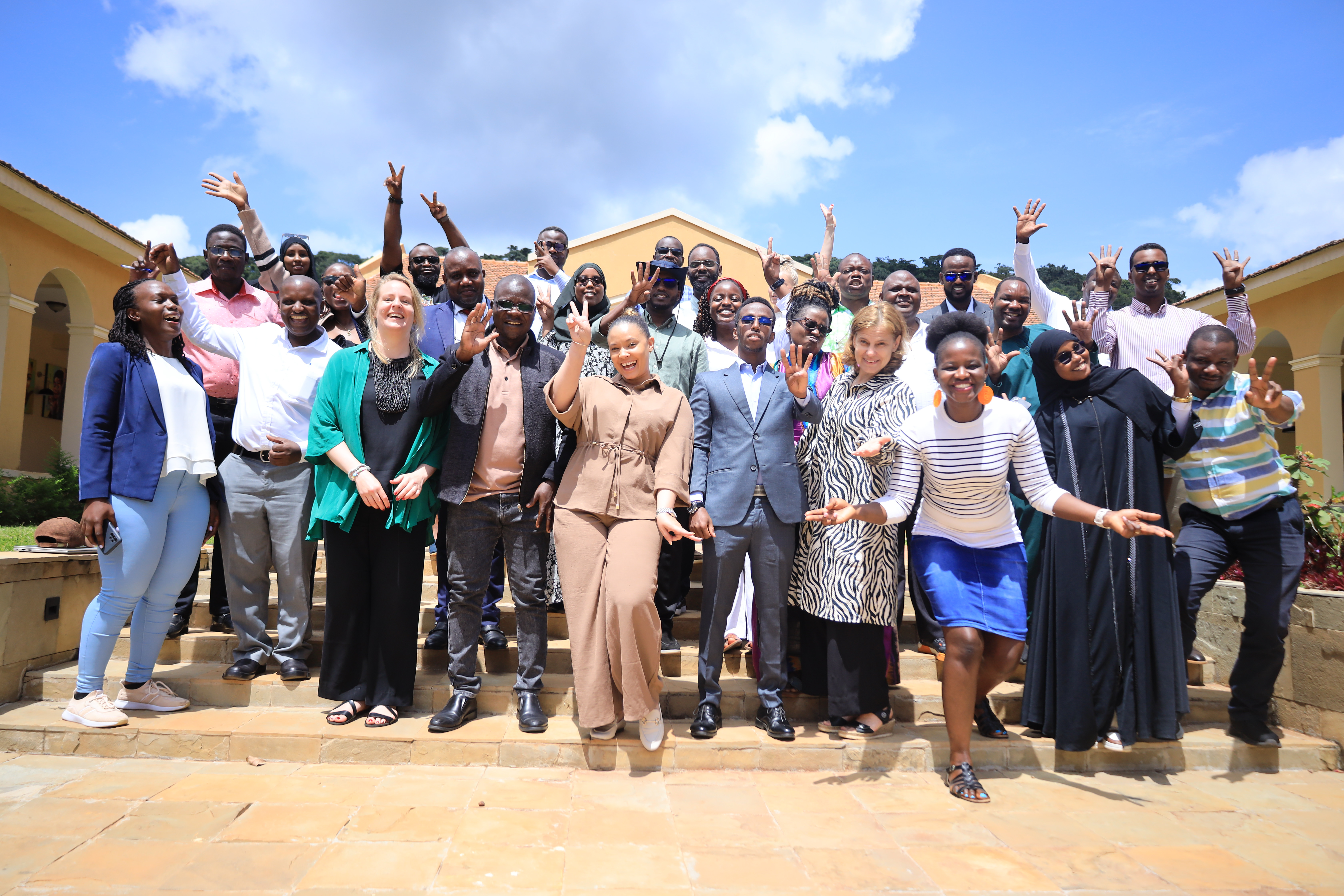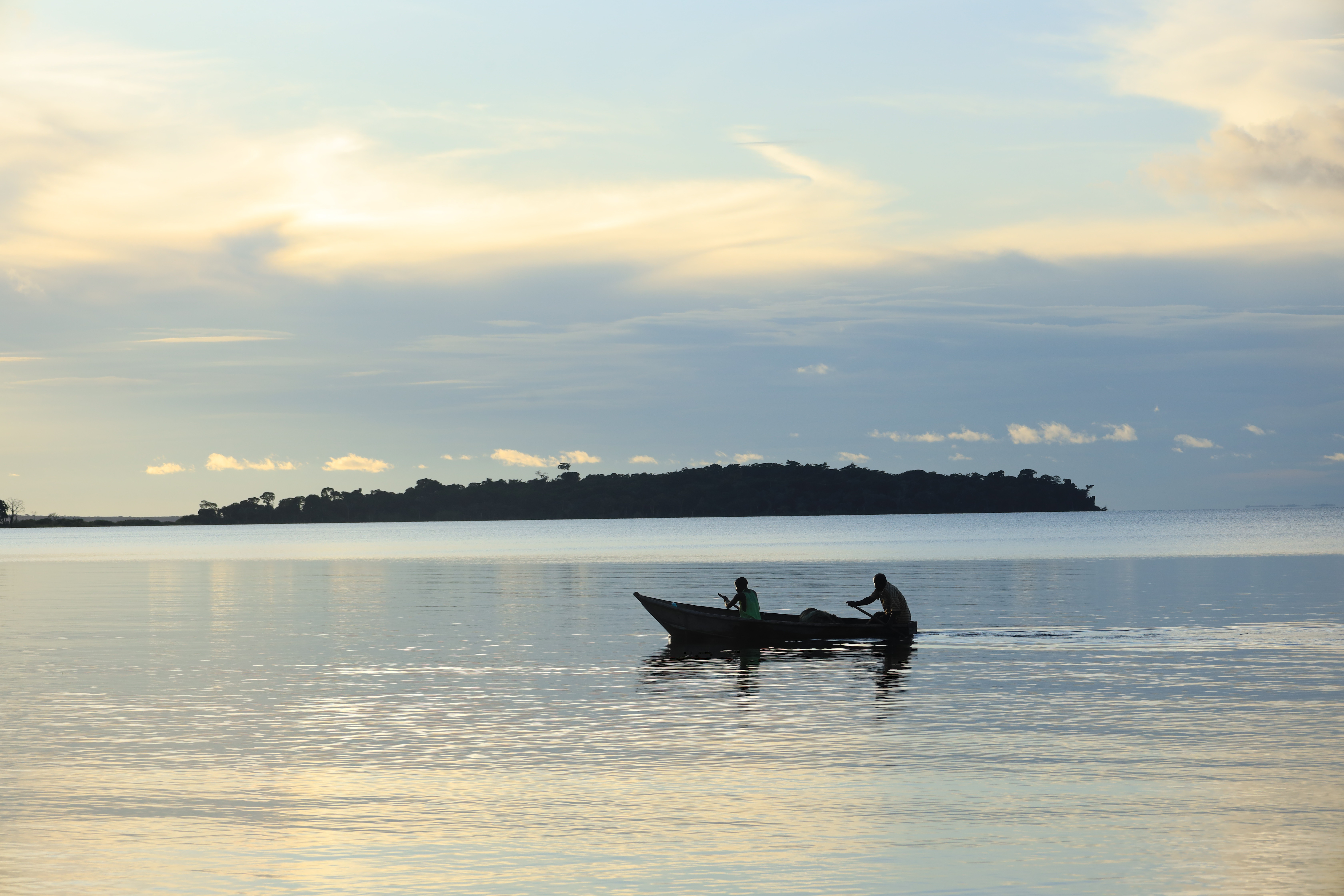The beginning of hopefully lasting friendships and professional networks across borders
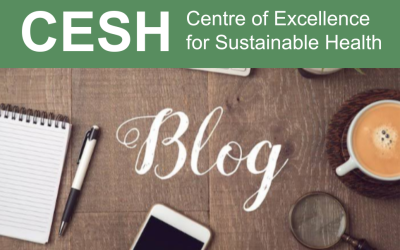
A CESH Blogpost from the MISH Program Study Trip to Uganda, by Carita Rehn
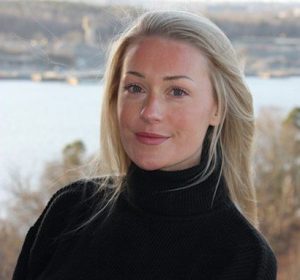 I have just returned from an unforgettable work trip to Uganda, where the leadership program Managing Innovations for Sustainable Health (MISH) held its annual study trip—this year on the breathtaking Kalangala Island. It marked not only the beginning of a new chapter for our participants, but also for me personally.
I have just returned from an unforgettable work trip to Uganda, where the leadership program Managing Innovations for Sustainable Health (MISH) held its annual study trip—this year on the breathtaking Kalangala Island. It marked not only the beginning of a new chapter for our participants, but also for me personally.
To say I feel grateful would be an understatement. I’m grateful to return to meaningful work after maternity leave, grateful to start off with a journey to one of my former home countries—Uganda (oh, how I’d missed you!). And perhaps most of all, grateful for the support system that made this trip possible, including my partner, who took care of our 10-month-old son back in Sweden. (Swedish parental leave, I salute you.) But this post isn’t about me—it’s about what I witnessed, learned, and can’t stop thinking about.
The study trip, organized within the Centre of Excellence for Sustainable Health for the participants in the MISH program, brought together an extraordinary group of around 30 participants from Uganda, Somalia and Somaliland, and the Democratic Republic of Congo. For many, it was the first time meeting in person after 10 months of virtual collaboration (MISH is primarily an online course). What unfolded over the week was more than professional workshops—it was a vibrant exchange of ideas, lived experiences, personal stories, and cultural wisdom. And, just as importantly, it was the beginning of hopefully lasting friendships and professional networks across borders.
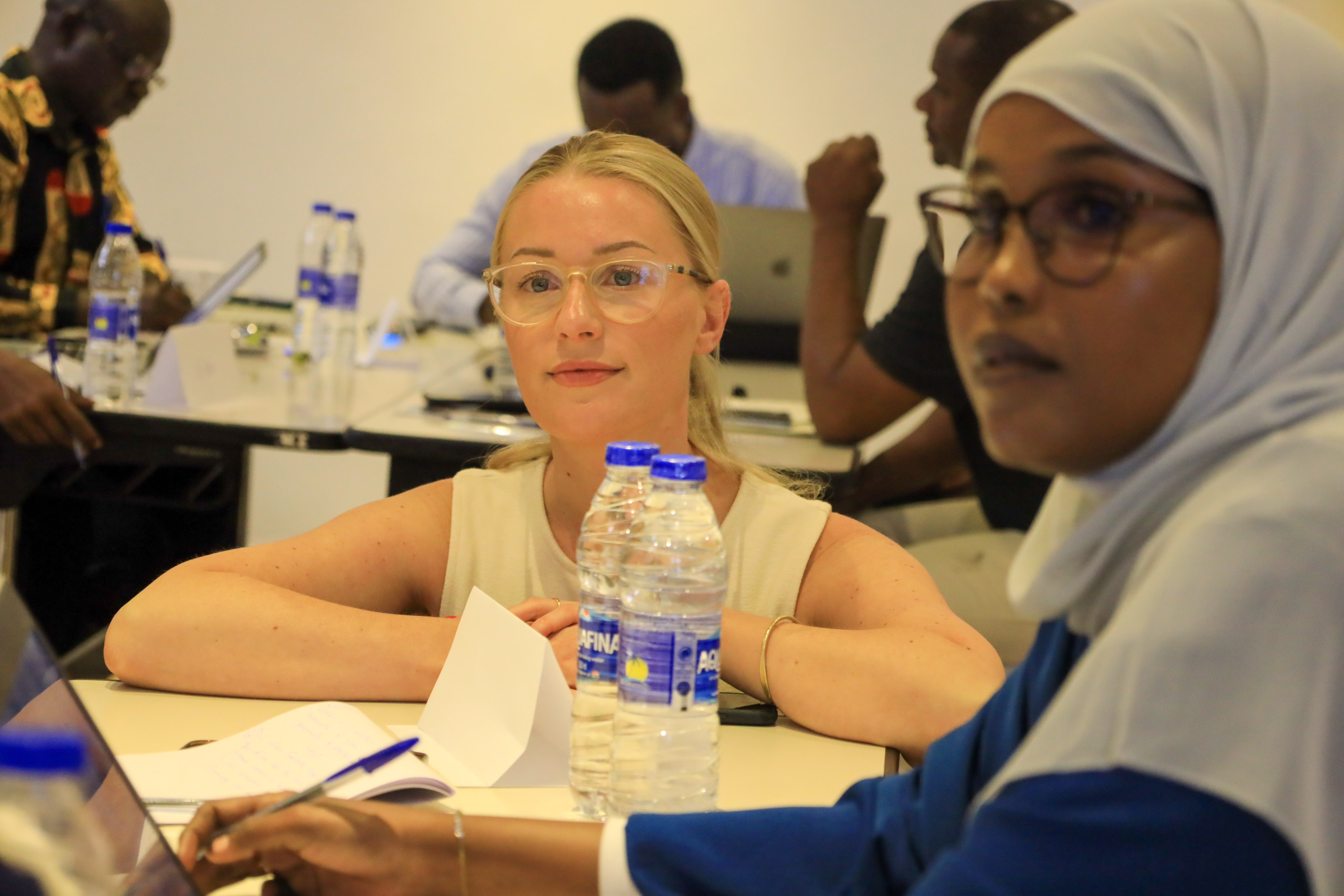
I was struck by the depth of insight each person brought. Their contributions and innovative ideas weren’t just technical—they were deeply contextual. It reminded me that sustainable health isn’t simply about medicine, health systems, or innovation in the abstract. Sustainable health is about understanding the intersections of health with sociopolitical realities, religious beliefs, gender norms, economic structures, and historical legacies. These aren’t side notes—they are at the core of what makes health systems truly sustainable. As someone with a background in international relations and political science, this felt deeply affirming. And yet, even with years of exposure to diverse cultural contexts, I was still humbled by the stories shared.
One story has stayed with me. A participant from Somaliland shared a painful reality: women and newborns are dying during childbirth due to preventable delays in emergency caesarean sections. Why is this happening? Before doctors can operate, a male relative—usually the husband or father—must sign a consent form. In emergencies, that delay can be fatal. Often, consent cannot be obtained in time. Doctors, fearing legal repercussions, feel unable to act without the signed consent.
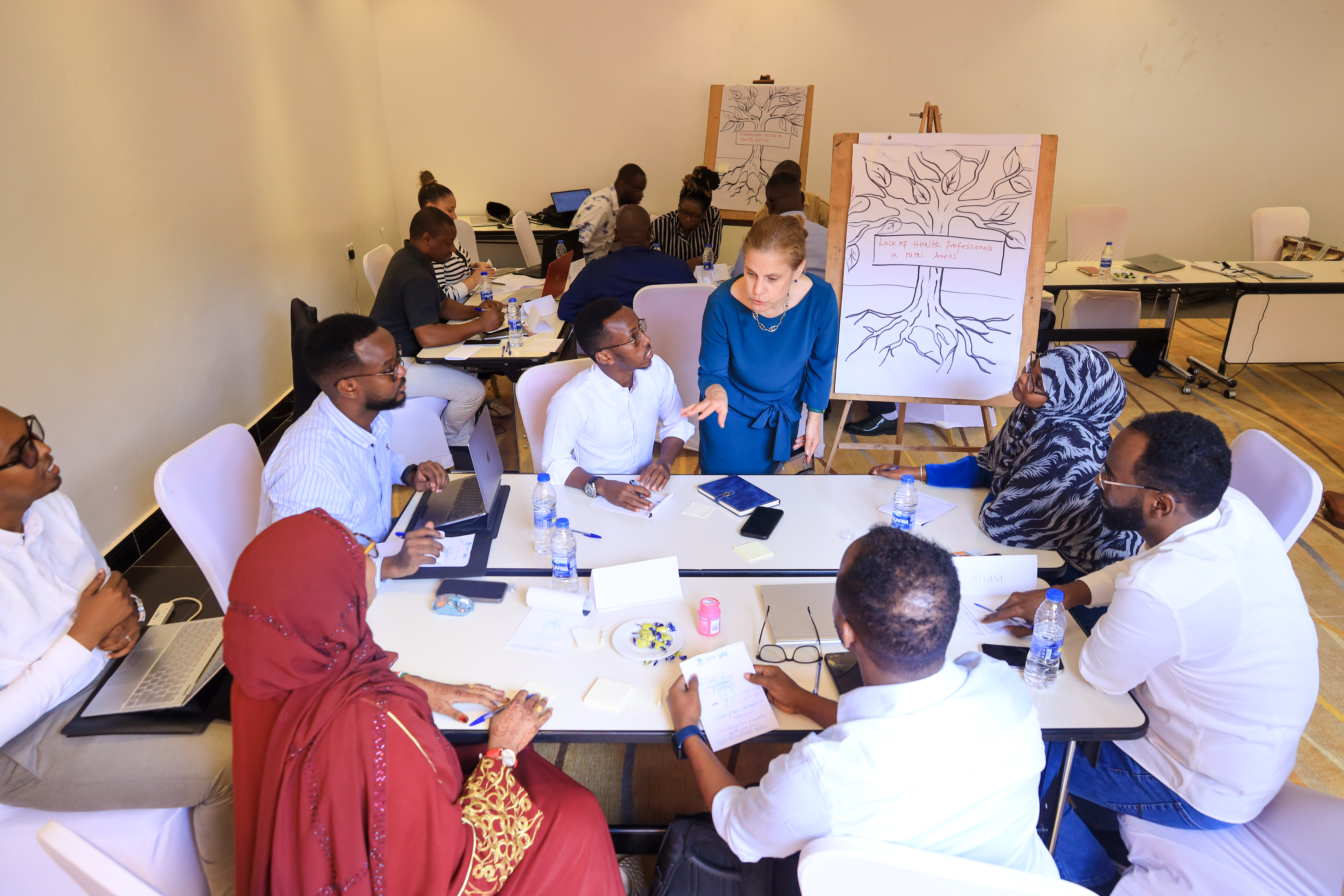
This story hit me hard. It is not only tragic—it is absolutely infuriating. The solution seems heartbreakingly simple: enable the men to provide their pre-consent during the woman’s pregnancy, to be used only in case of emergency. But what is “simple” on paper becomes profoundly complex when woven into layers of patriarchy, tradition, legal systems, and religious interpretations. During the program in Uganda, we had a lengthy discussion about this, and I learned that there are multiple layers to the situation that I would never have considered, had it not been for this meaningful conversation.
No, we did not come up with a solution (guess I didn’t change the world today either…). Still, the conversation that followed was one of the most inspiring moments of the week. It wasn’t about judging a culture or imposing an outside fix. It was about listening. About empathy. About finding ways to work with communities, not around them. It was about exploring innovations that respect context while protecting lives.
What this trip reminded me of so clearly is that real innovation in health isn’t just about new technology or policies. It’s about human and contextual understanding—the kind that comes only when we sit together, listen deeply, and recognize that no challenge exists in isolation. Health outcomes are inseparable from the social and political environments in which people live.
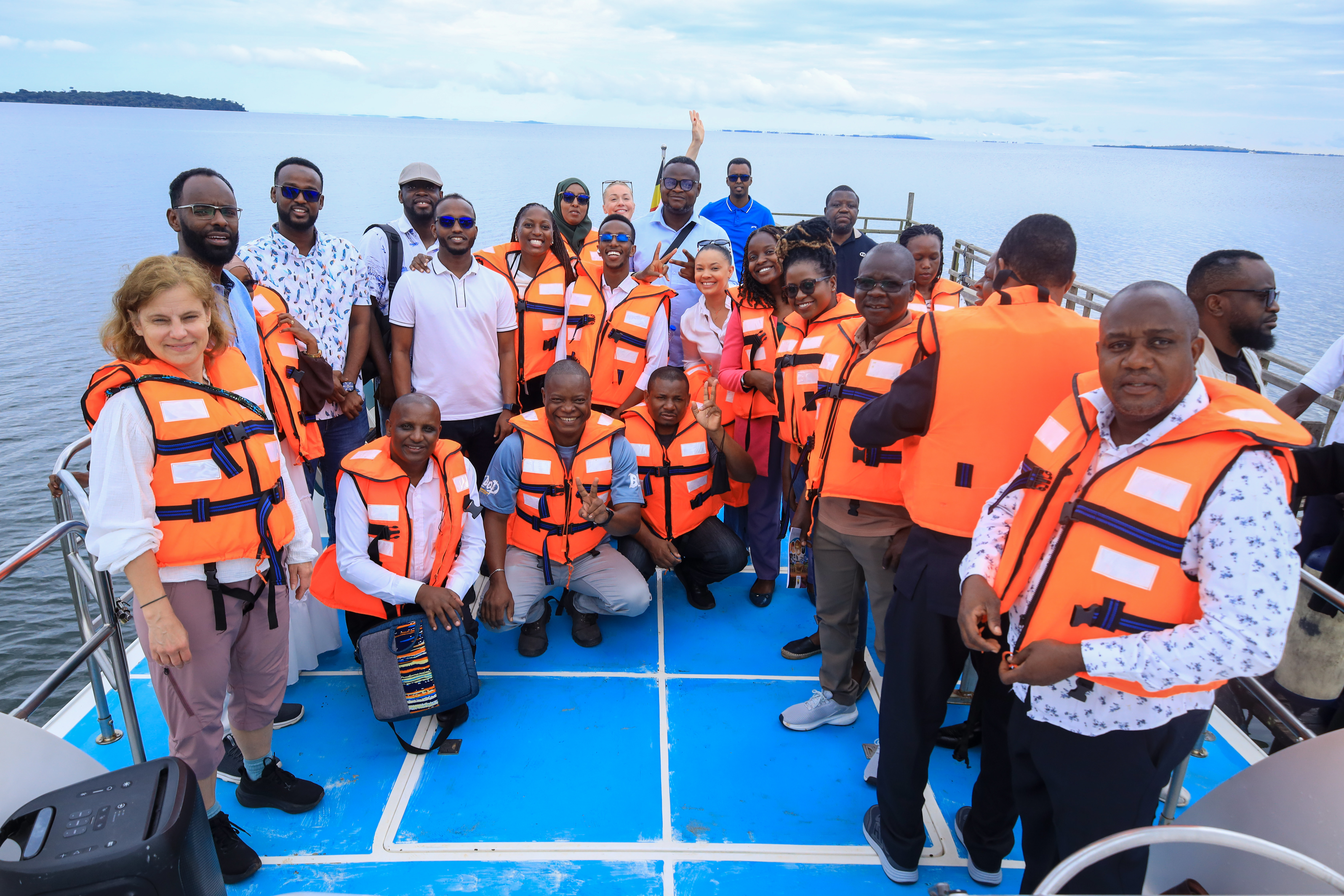
I’m not sure where exactly this reflection leads. Maybe I just wanted to share. This trip has made me more certain than ever that sustainable health must be rooted in real human stories and real local insights. We cannot design solutions without first understanding the problem in its full, living context. And the only way to do that is by meeting people where they are—listening, asking, staying curious. And having a lot of fun while we do so, of course!
This is what the MISH program is all about.
Thank you for taking the time to read my reflection on the MISH study trip 2025!
/Carita Rehn
